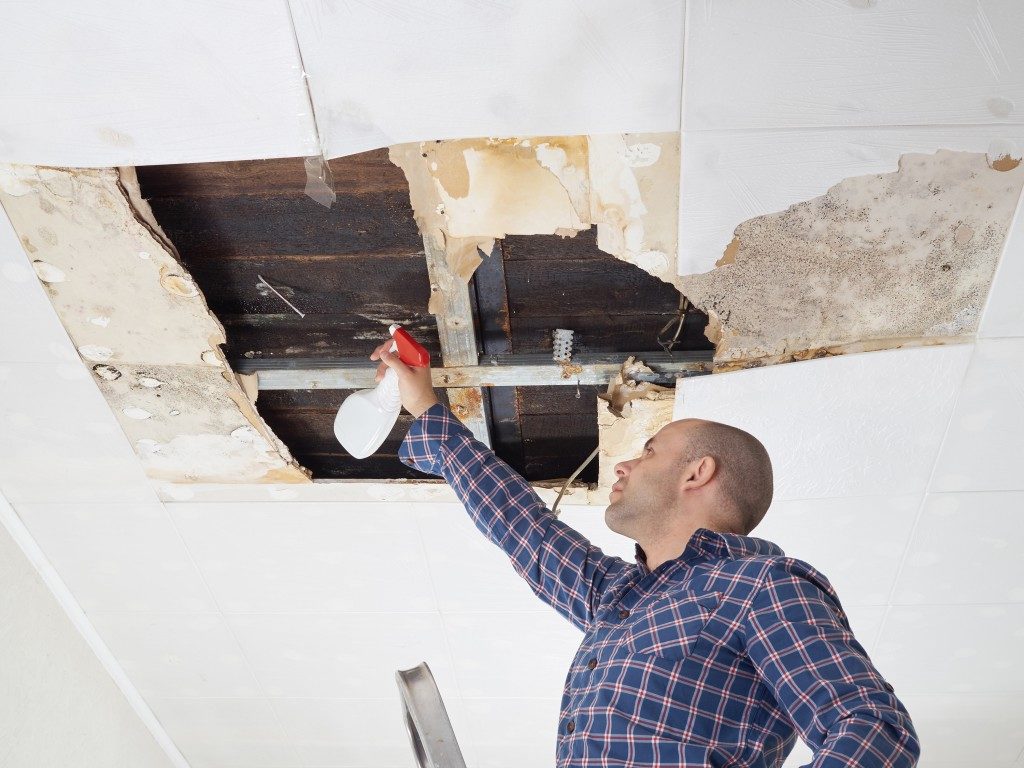A simple house crack repair may cost at least $150 to fix, but the usual price may range between $330 to $1,030 based on the cause of damages and other factors.
As an example, stress cracks caused by seismic activity are generally more expensive than fixing small and large holes. You could hire a trusted handyman to resolve minor cracks and dents, while masons and carpenters are better choices for repairing broken brick and wooden walls, respectively. The type of material for your walls will also affect the actual cost of repair. Wooden and drywall materials for walls will cost less to fix than concrete and plaster.
Common Wall Repairs
Most homeowners use drywall and plaster for their walls. It is likely that you have a drywall installation at home when you hear a hollow sound after tapping the side of a wall. A contractor may charge at least $60 per hour to fix common problems. Be ready to spend more on the price of materials if a replacement is necessary due to the presence of mold and water damage.
Plaster walls create a solid sound when you tap it, aside from being cool to the touch. Small- and mid-sized holes may cost from $100 per hour to $300 per hour for the cost of labor. It is more expensive to repair than drywall, but still cheaper than concrete repairs. Concrete wall repairs range from $250 to $800 for the labor fees alone.

Take note that cracks and holes may indicate an underlying problem with your home’s foundation. While some repairs can be a DIY project, hiring a professional allows to you have a trained eye to see other likely problems beneath the surface. a structural engineer is sometimes necessary to know the cause of some issues that are not easily identifiable.
Identifying Signs of Damages
If a contractor cannot come to your home soon to check on the problem, you could check other problems while waiting for them. Some problems can be dismissed as surface stains, while others can be a sign of a settling foundation. For instance, a vertical crack near the edge of the wall and ceiling could indicate settling after construction. On the other hand, horizontal cracks could mean that there some shifting in the foundation or water damage.
Cracks near a door inside the house should fit when you try to open and close it. Otherwise, it also serves as a clue to a shifting foundation. Nails and screws that suddenly appeared on the surface could be another sign as well. These signs do not necessarily mean that there is a serious problem for your house, but you save time and money by shortening a contractor’s inspection work.
When choosing a contractor for repairs, it is important to find a licensed and insured company that offers a broad range of services. As a general rule, choose to pay for repairs when the overall cost is cheaper than half the price of a new wall installation.

